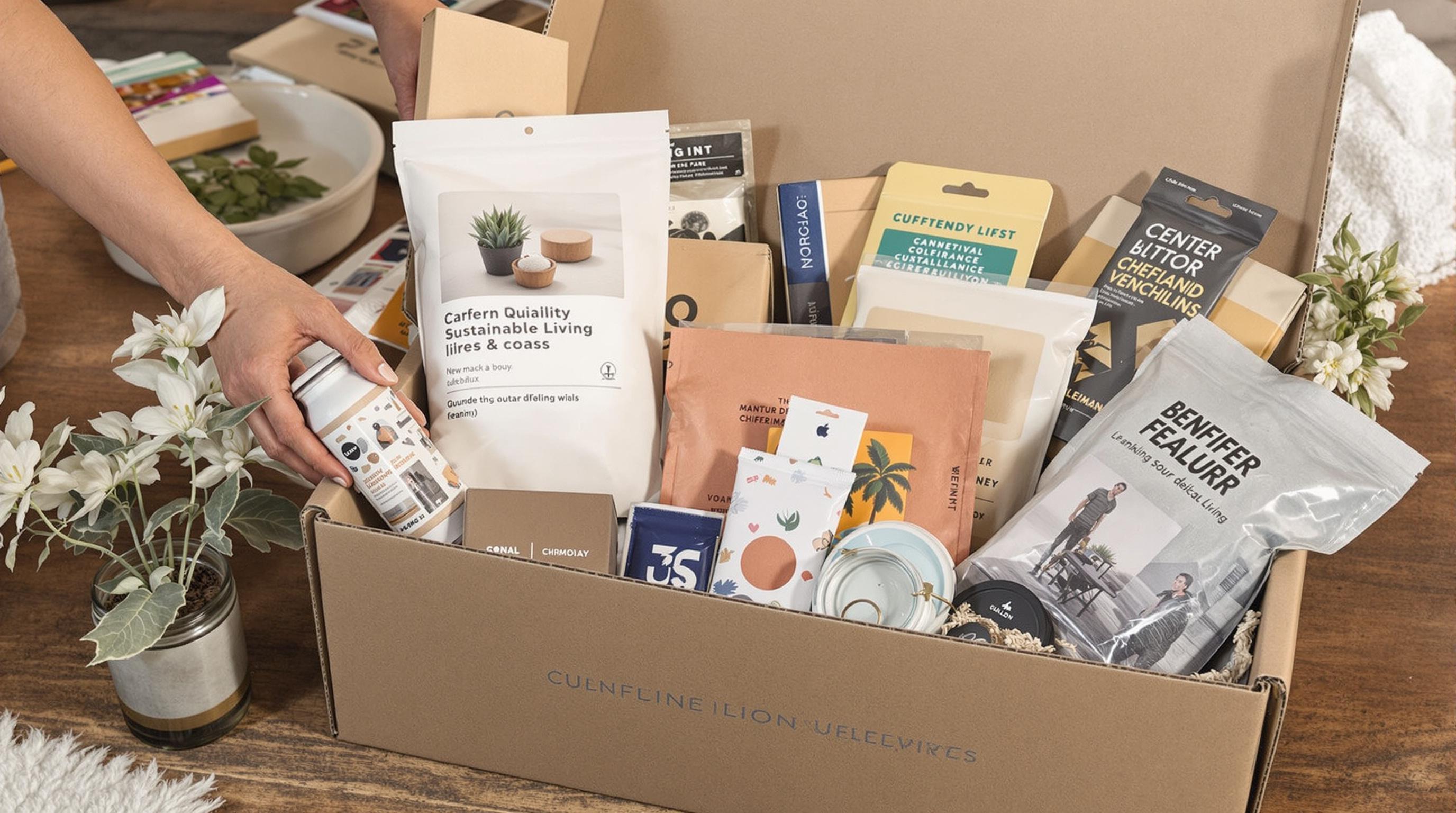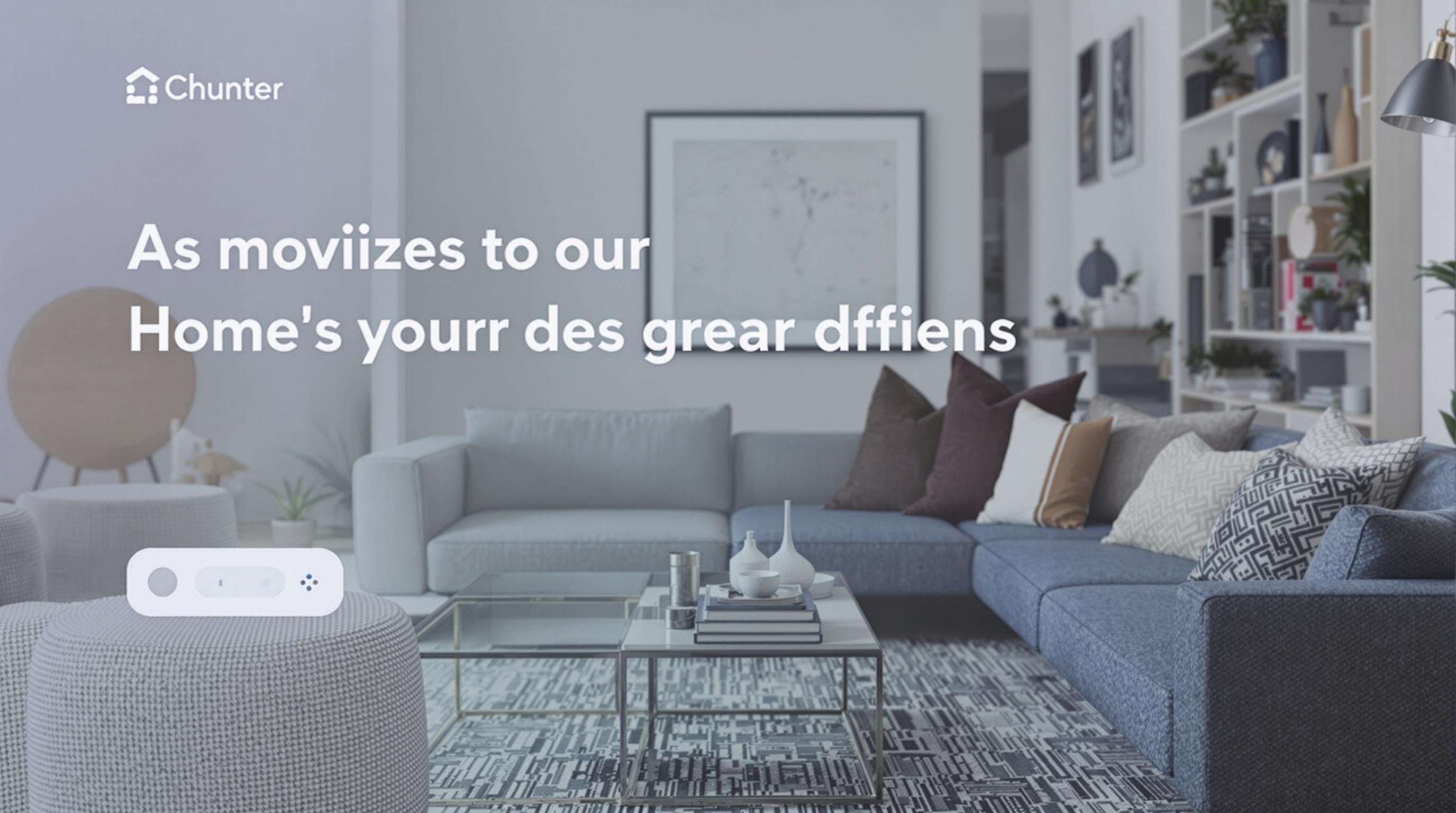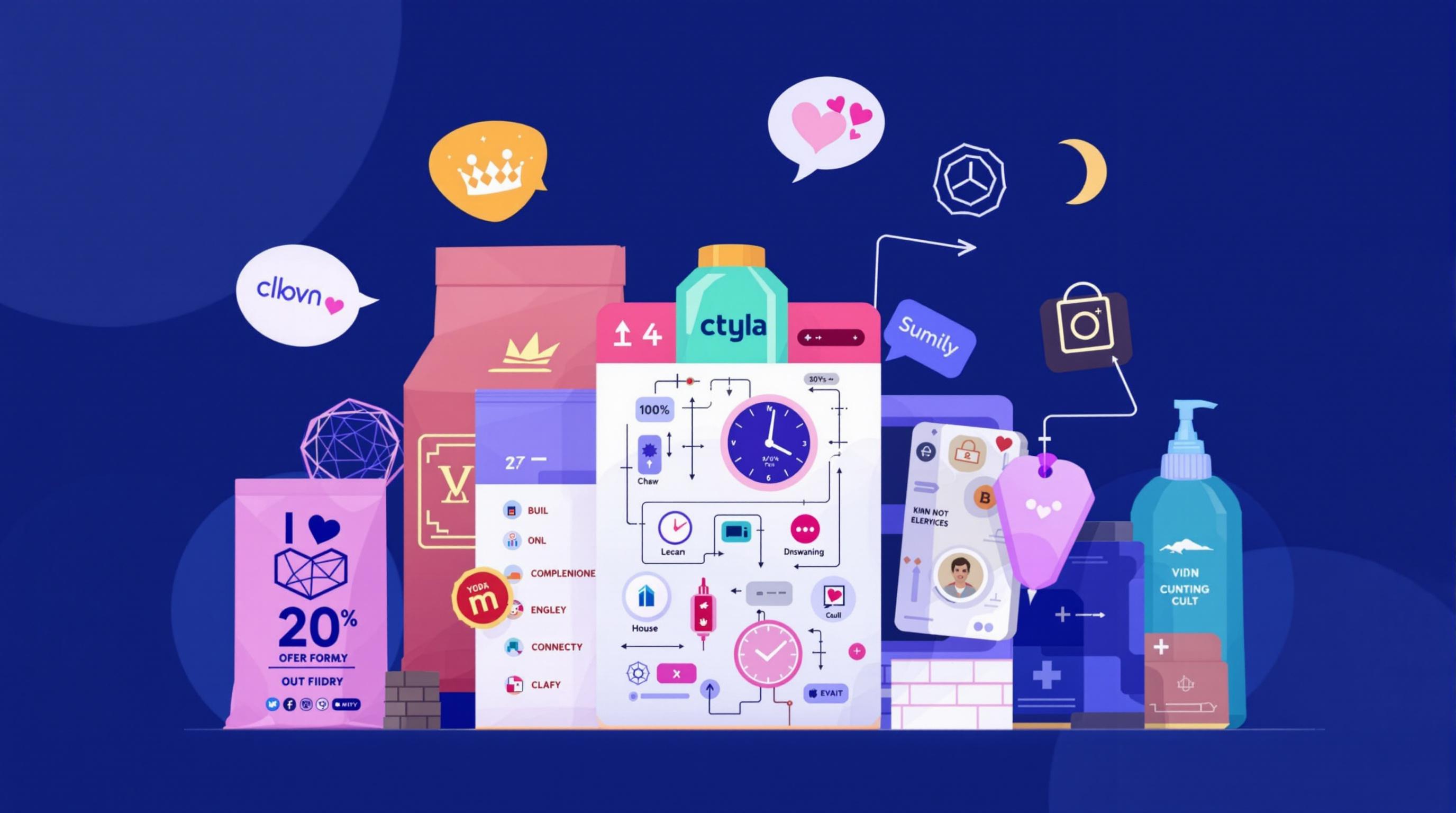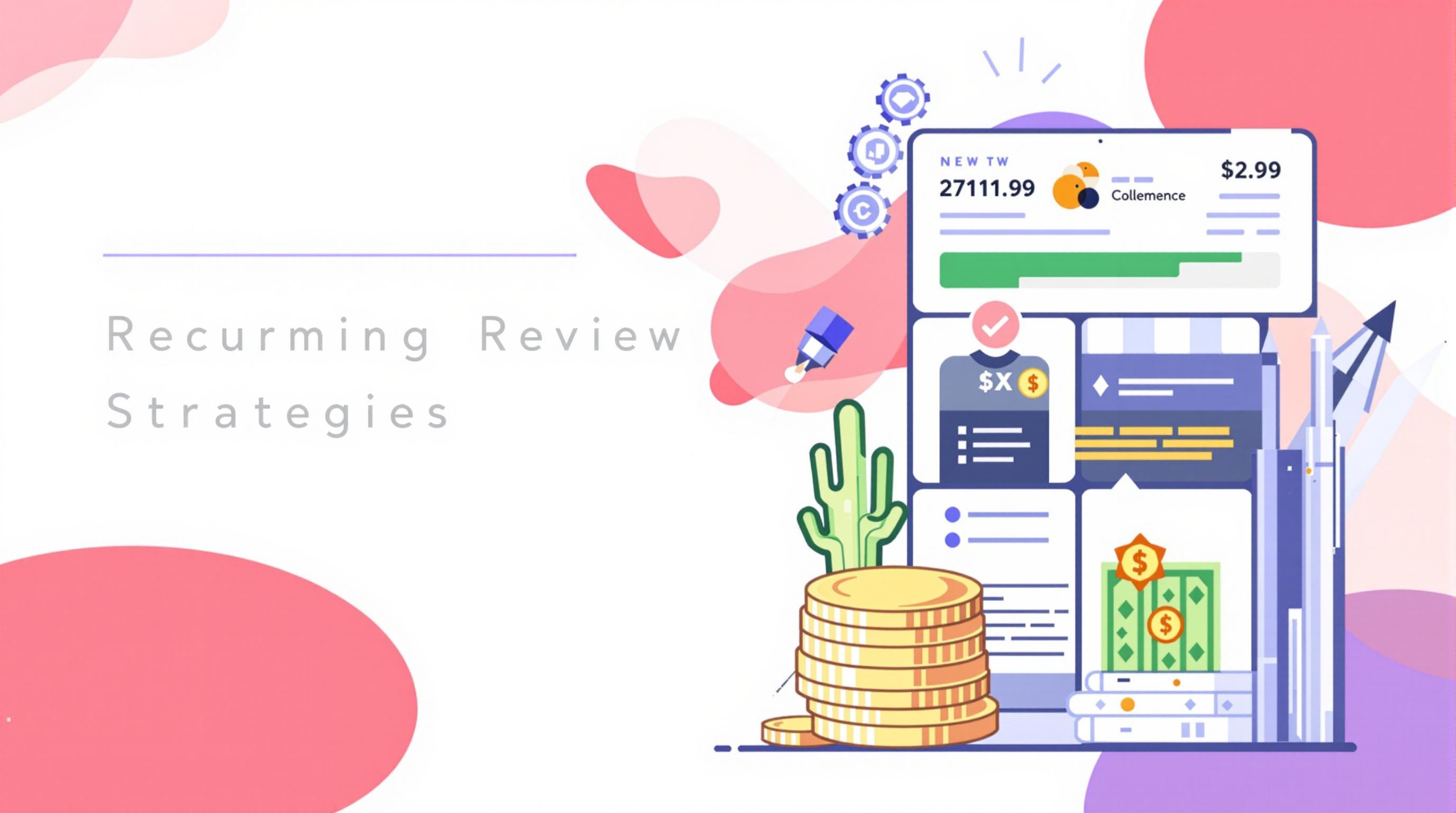Related Articles
- When Disaster Strikes: Unseen Psychological Impacts of Data Loss on Company Culture and Employee Trust
- 7 Game-Changing Business Backup Tools Released Since 2019 You Didn’t Know You Needed
- 5 Trailblazing Smart Home Subscription Services Redefining Convenience and Control Since 2019
- 6 Innovative Boutique Subscription Services Redefining Customer Loyalty and Engagement Since 2019
- How Forgotten Analog Methods Might Reshape Modern Corporate Info Preservation Strategies
- How Behavioral Biases Secretly Skew Financial Audit Outcomes and What Checklists Miss
7 Emerging Subscription Boxes Revolutionizing Sustainable Living in the Last Five Years
7 Emerging Subscription Boxes Revolutionizing Sustainable Living in the Last Five Years
Subscription boxes focused on sustainable living have surged in popularity, reshaping how consumers engage with eco-friendly habits. This article dives into seven innovative subscription services launched in the past five years that are helping people reduce their environmental footprints effortlessly and enjoyably.
GreenBox: A Story of Community and Sustainability
At 45 years old, I have witnessed countless environmental trends come and go, but GreenBox stands out for its grassroots approach. Launched in 2019, GreenBox curates monthly packages filled with locally sourced, zero-waste products, from beeswax wraps to biodegradable cleaning agents. What makes GreenBox special is its community-driven model where subscribers vote on upcoming products and themes.
Take the story of Sarah, a 22-year-old college student who credits GreenBox with transforming her dorm room into an eco-oasis. The box introduced her to affordable bamboo utensils and refillable toiletries, sparking a campus-wide movement. GreenBox demonstrates how engagement and education walk hand in hand with sustainability.
Plastic-Free Pantry by EcoCrate
Eager to tackle one of the largest household waste contributors, food packaging, EcoCrate launched its "Plastic-Free Pantry" subscription in 2021. Each box contains pantry essentials like lentils, nuts, and spices delivered in compostable bags and reusable jars.
According to a 2023 Nielsen report, 68% of consumers prefer brands that reduce plastic waste, illustrating why EcoCrate’s model resonates deeply. The company partners with small-scale farmers and cooperatives, providing social benefits while encouraging eco-conscious consumption.
Sustainable Chic: Fashion Meets Consciousness
Fashion is often criticized for its environmental impact, but Sustainable Chic challenges that narrative. Founded in 2020, this subscription offers curated outfits made from organic, recycled, or upcycled fabrics. At 29, writing to readers aged 16 to 70, I find its approach both stylish and accessible.
Each month, subscribers receive customized clothing choices based on style surveys and sustainability preferences. The brand claims to have reduced textile waste by over 15 tons in 2023 alone through its upcycled collections, proving fashion can be both trendy and green.
Eco-Munch: Sustainable Snacks Delivered
Snacking sustainably? Yes, please! Eco-Munch burst onto the scene in 2022, specializing in organic, fair-trade, and plastic-free snacks from around the globe. Think crunchy kale chips in compostable bags or cacao nibs sourced directly from fair-trade farms.
What’s more, for every box sold, Eco-Munch plants a native tree in deforested areas. By mid-2024, they had planted over 50,000 trees, offsetting thousands of kilograms of CO2 emissions—a tangible example of “snacking with a cause.”
Repair & Reuse: Tools for a Circular Home
Imagine receiving tools and tips to repair your electronics, furniture, or clothes each month rather than discarding them. Repair & Reuse, launched in 2020, does exactly that by sending DIY repair kits with instructions and sustainable materials. The subscription encourages the circular economy, an essential pillar of sustainable living.
Case studies show that subscribers cut down their waste by an average of 30% after six months. This box empowers consumers, fostering skills that reduce landfill dependency and promote longevity.
The Plant Parent Box: Greening Your Space, One Leaf at a Time
As a 38-year-old urban dweller, I can personally attest that The Plant Parent Box, founded in 2018 but revamped with sustainability in mind in 2020, brightened both my air quality and spirit. Each box includes ethically sourced plants, biodegradable pots, and organic fertilizers.
The subscription targets urban tenants who want to create green havens without the usual hassle. Since plants improve mental well-being as well as air quality, this box offers double benefits in the drive toward sustainable lifestyles.
Mindful Menstrual Kit: Revolutionizing Women’s Health
Did you know the average woman uses about 11,000 disposable menstrual products in her lifetime? Enter Mindful Menstrual Kit, launched in 2019, which supplies reusable period care essentials such as menstrual cups, washable cloth pads, and organic cotton liners. It not only reduces waste drastically but also educates subscribers on health and eco-friendly alternatives.
Survey data from 2023 shows that 72% of users reported feeling more empowered and aligned with their values after switching. This box exemplifies how sustainability and well-being intersect meaningfully.
Why Subscription Boxes Matter in Sustainable Living
It’s clear that these seven subscription boxes contribute more than products—they offer solutions, education, and community. Subscription-based sustainability taps into the psychology of habit formation by delivering regular, curated nudges toward greener living. With the sustainable goods market projected to grow over 10% annually through 2028 (Statista, 2023), these boxes are not just convenient—they are a critical part of changing consumer behavior on a large scale.
Moreover, as younger generations show increasing eco-consciousness, offering diverse options that suit different lifestyles and budgets makes sustainable living accessible to many, breaking down the myth that being green is expensive or restrictive.
Final Thoughts
The last five years have witnessed an exciting surge of innovative subscription boxes that are revolutionizing sustainable living. Whether through community involvement, plastic reduction, fashion conscious curation, eco-friendly snacks, repair empowerment, urban gardening, or women’s health solutions, these services make sustainability individualized and achievable. As global environmental challenges intensify, such creative, accessible models will likely become a cornerstone in fostering widespread, positive change.




